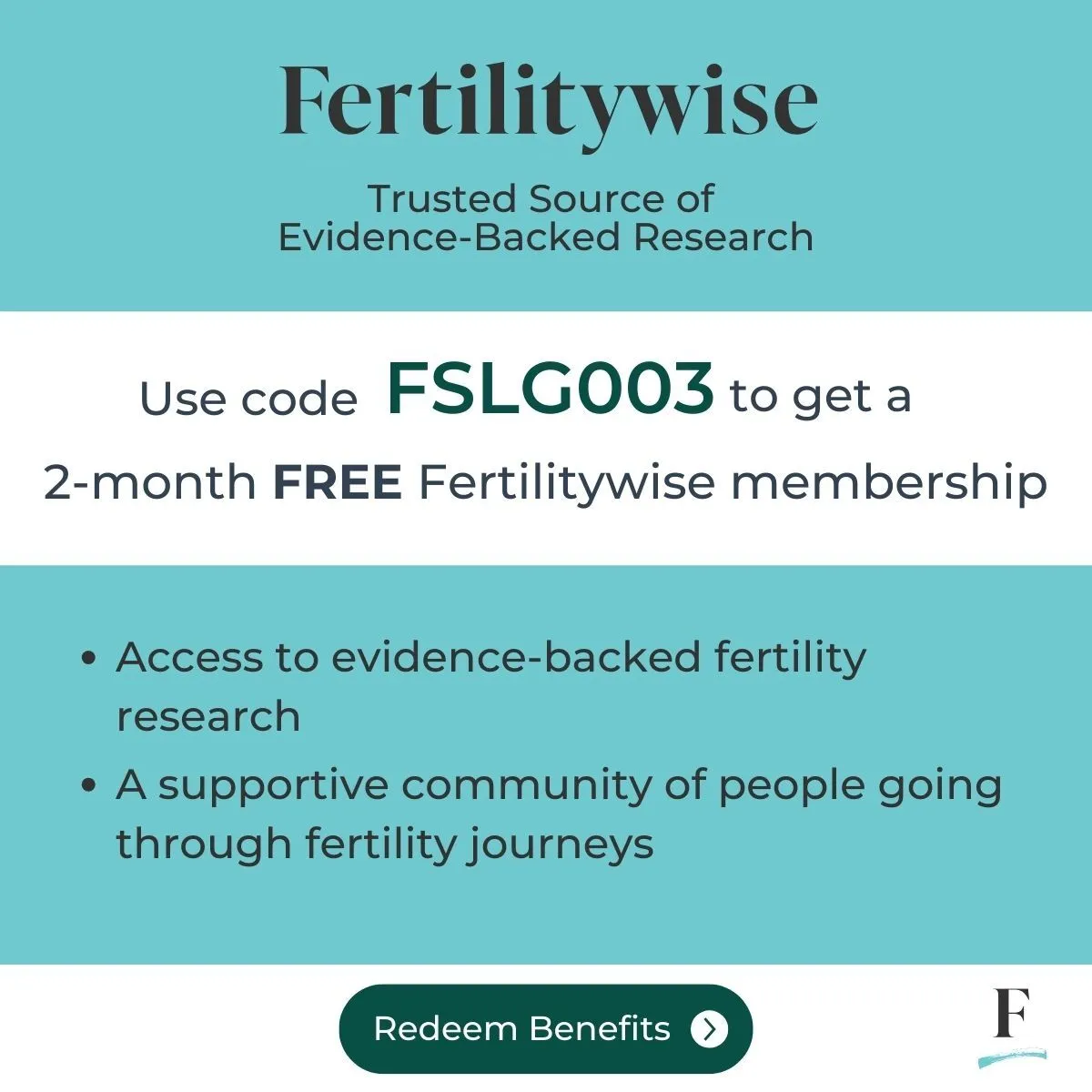Some California residents who want to have a family need fertility assistance. Depending on the situation, a donor egg might be the answer to their challenges. This is what to know about the process.
Egg donor screening
Egg donations require initial screenings to ensure that the person is healthy enough to become a donor. With egg donation, a woman undergoes fertility screening to check her ability to produce eggs. She has a pelvic exam, blood tests and general medical screening to check for potential diseases, drug use, blood type and overall health.
Genetic testing is done to determine whether a prospective donor has any family history of disorders or diseases. She also has psychological screening to ensure that she knows the risks and benefits of egg donation and has the right intentions for wanting to become a donor.
Egg donation process
When a woman becomes a donor, the doctor puts her on birth control pills. By the third week of her cycle, she has a vaginal ultrasound and begins self-injecting hormones daily for 7 to 14 days. Additional hormones are self-injected several days after to stimulate the growth of egg follicles. The donor is monitored daily to check the progress and has sexually transmitted infection screening.
After the donor’s follicles are mature, she gets an hCG injection to prepare for egg retrieval, which occurs within 36 hours. She receives sedation via IV before the doctor uses a needle inserted into the vagina to retrieve eggs. The procedure last about half an hour. When it’s done, the donor is monitored until a friend or family member can take her home.
Egg donation can be rewarding. You’re helping a couple or person to have the family they’ve long wanted.

